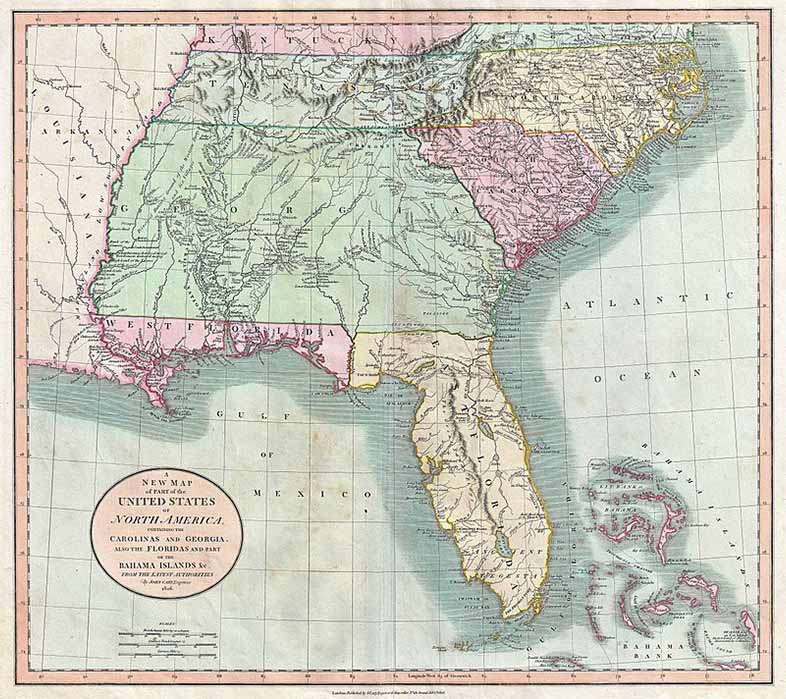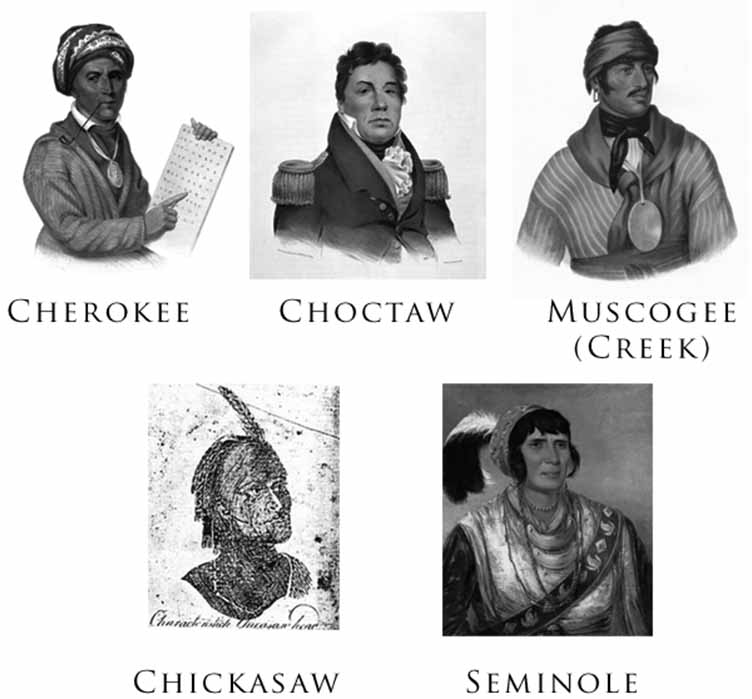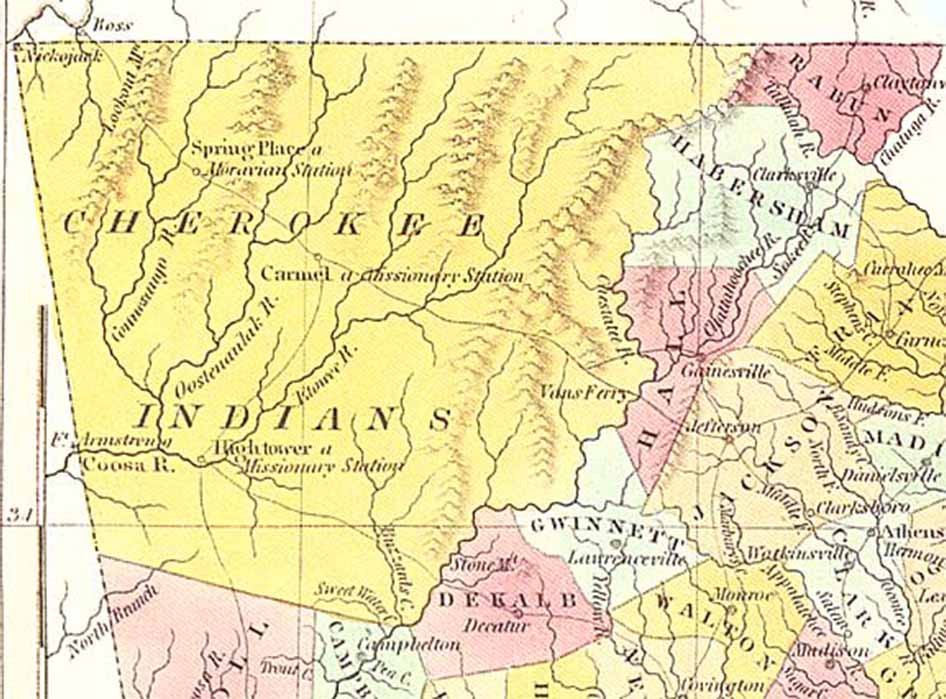
The Cherokee Trail Of Tears, A Tale of Treason and Terror
The United States of America has left a rich, storied, history in the wake of an almost 300-year journey from Independence to world prominence. Much of it is a proud history, consisting of stories about aiding downtrodden countries, creating economic juggernauts, inventing some incredible things, building magnificent structures, and forging individual freedom. But there are dark and enduring stains on that account, some of them formed when political and economic success came about due to the deliberate use of slave laborers who worked agricultural land stolen from America’s original inhabitants, sometimes in direct refutation of laws decreed by both its founding documents and existing government. Despite its soaring rhetoric, America was not always the “home of the brave and the land of the free.”

Southeastern US and Indian territories, including Cherokee, Creek, and Chickasaw (1806) (Public Domain)
On Indian Removal
One of those stains, almost always treated lightly by history books, concerned two acts of Congress. One was called On Indian Removal, passed in 1830. The other was labeled A Permanent Habitation for the American Indians, passed in 1835. Together, they provided political justification for the removal of the Cherokee people from the Southeast, along with the Muscogee, Seminole, Chickasaw, Choctaw, Ponca, and Ho-Chunk/Winnebago nations, as well as many black farmers, both slave and free.

Representatives of the Five Civilized Tribes: (clockwise from upper left) Sequoyah, Pushmataha, Selecta, Osceola, and a typical Chickasaw (Public Domain)
Some of the political motivation of the two horrible, illegal, and immoral bills was to be found in the fact that the fledgling United States, flush with power after more than two centuries of protracted, slogging victories against the French, Indians, Spanish, and English, craved land in which to expand. The rest of it came from the fact that gold was discovered on land granted, supposedly in perpetuity, to the Cherokee in Georgia.
- Strength, Unity, and Pride: Cherokee Indians Triumphed Over Adversity
- The Tragedies that Befell the Five Civilized Tribes that were Forced to Trek the Trail of Tears
- The Sacrifice of Tsali, The Cherokee Folk Hero Who Gave His Life For His People
A few Congressmen, such as the honorable Davy Crockett of Tennessee, lost their political futures by opposing the Removal Act, but were too few in number and influence to stem the tide of greed, power, and avarice that flowed like a mighty river out from the nation’s capital in Washington, DC, eventually culminating in what came to be called Manifest Destiny; the belief that white, European, Christian culture was ordained by God to expand from sea to shining sea, eventually spreading all the way to Hawaii.

Cherokee lands in 1830. Anthony Finley Co. of Philadelphia (Public Domain)





